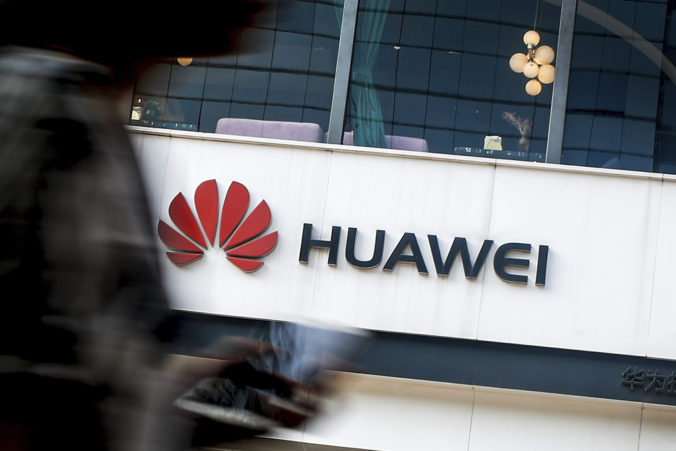Belgian prosecutors announced on Friday that eight individuals have been charged in connection with an ongoing investigation into alleged corruption involving Chinese tech giant Huawei and the European Parliament. The case raises new concerns over foreign influence and lobbying practices within EU institutions.
The investigation, led by Belgium’s federal prosecutor’s office, follows a series of police raids conducted last month across Belgium and Portugal. Initially, five individuals were arrested; two have since been released under conditions, while the remaining three are under electronic surveillance.
In the latest development, authorities confirmed that three additional suspects were charged between March 20 and 29, and they remain in custody. They face accusations of active corruption, money laundering, and participation in a criminal organization. Prosecutors have withheld the identities of those charged as the case is still unfolding.
The probe centers around alleged bribes or illicit gifts offered by Huawei representatives or affiliated lobbyists to European lawmakers. The goal: to sway decisions related to the deployment and regulation of 5G telecommunication infrastructure across the European Union—an area of strategic importance where Huawei has long sought influence.
“The suspected corruption dates back to 2021 and appears to be ongoing,” the federal prosecutor’s office stated.
This investigation emerges just two years after the “Qatargate” scandal, in which members of the European Parliament were accused of accepting payments to promote the interests of Qatar and Morocco—allegations both nations have denied. The Huawei-related case raises fresh alarm about undue foreign influence within EU institutions, particularly as Europe navigates complex relationships with major powers like China.
Stay up to date with developments on this case and other global news at 👉 Live World Updates
#HuaweiInvestigation #EUCorrpution #BelgiumProsecutors #5GScandal

